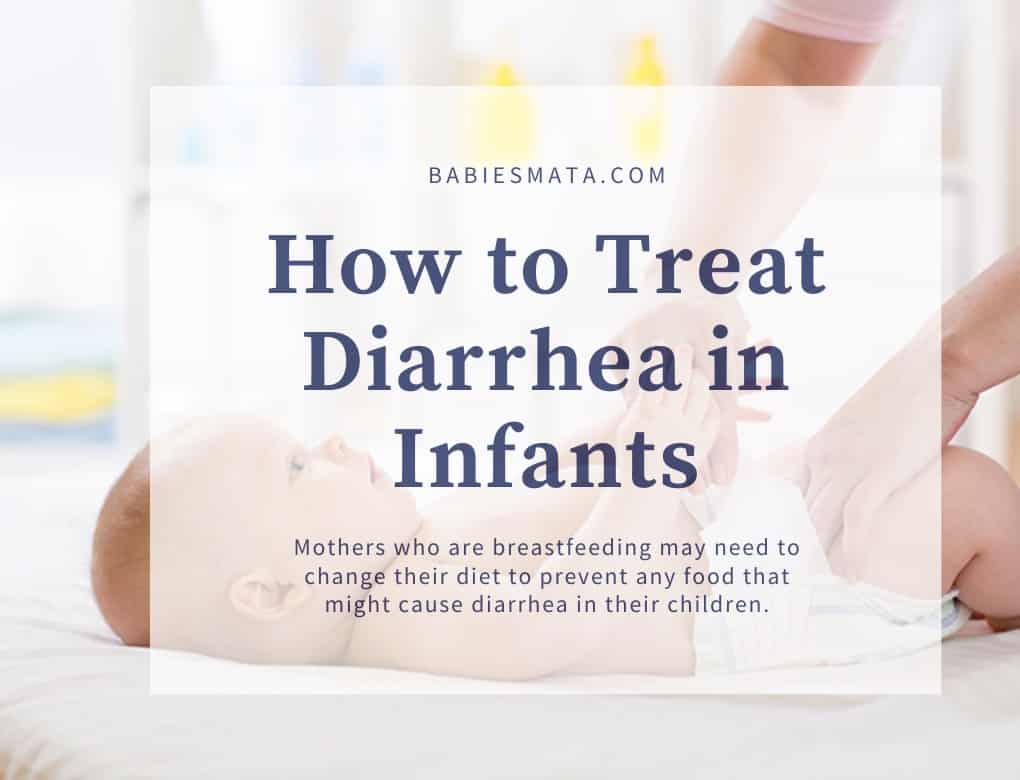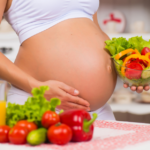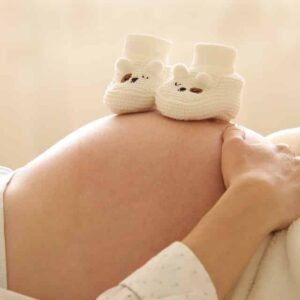How to Treat Diarrhea in Infants

What is Diarrhea?
Diarrhea is a rise in the occurrence of bowel movements or a reduction in the shape of stools (more loose stools). While changes in bowel movements and stool looseness may differ independently of each other, there are often changes in both. Diarrhea may be classified as absolute or relative diarrhea.
Absolute diarrhea is characterized as more than five movements of the intestines a day or liquid stools. Relative diarrhea is an increase in the number of bowel movements per day or an increase in stool looseness compared to the regular intestinal habit. Diarrhea may be either acute or chronic, with various causes and treatments. Diarrhea risks include diarrhea, electrolyte (mineral) irregularities, and anal pain.
A variety of different textures, colors, and smells can be found in a baby\’s poopy diaper depending on what he eats (breast milk, formula, or solid food). The poop is usually much softer than the adult\’s, and sometimes it\’s not unusual for it to be even softer than usual. But if it unexpectedly gets much looser or more watery, which occurs more frequently and in significant quantities, it may be diarrhea.
Baby Diarrhea Causes
A lot of factors can cause this problem, including
- infection with a virus, bacteria, or parasite. Babies will collect these germs by rubbing unclean food or water, or by touching germ surfaces, and placing their hands in their mouths.
- A food allergy or sensitivity to medicines
- Drinking too much fruit juice
- Poisoning
Effects of Baby Diarrhea
Diarrhea causes the body to start losing too much water and minerals called electrolytes. This can cause dehydration. Kids can get dehydrated very quickly within a day or two of having diarrhea, and it can be hazardous, particularly in infants. Call your doctor if you realize these indications of dehydration in your kids:
- Peeing less often (fewer wet diapers)
- Acting fussy or irritable
- Dry mouth
- No tears when he cries
- Unusual drowsiness or sluggishness
- Sunken soft spot on the top of the baby\’s head
- Skin that isn\’t as elastic as usual (doesn\’t spring back when you gently pinch and release it)
Also, put a call across to your family doctor if your kid has diarrhea less than six months of age or has these indications:
- Fever of 102 degrees or higher
- Belly pain
- Blood or pus in his poop, or poop that\’s black, white, or red
- Sluggishness
- Vomiting
Baby Diarrhea Treatments
Doctors typically do not prescribe over-the-counter anti-diarrheal medications for infants. But your doctor can prescribe an antibiotic for a bacterial infection or an antiparasitic medication for a parasitic infection.
Babies with severe diarrhea who are dehydrated will need to go to the hospital and get fluids in their veins through the IV.
If your kid eats solid foods, the doctor may recommend changing to soft, starchy foods such as strained bananas, apple sauce, and rice cereal until diarrhea stops. Mothers who are breastfeeding may need to change their diet to prevent any food that might cause diarrhea in their children.
Babies having diarrhea should not be fed anything that can make it worse, which include:
- Greasy foods
- Foods that are high in fiber
- Dairy products such as milk and cheese
- Sweets such as cake, cookies, and soda
Diarrhea triggered by a viral or bacterial infection is very infectious. Clean your hands with warm water and soap every time you change your baby\’s diaper to avoid the spreading of the disease. Keep the diaper-change region clean and disinfected. Keep your kids at home from daycare until he has recovered.








